Meth In the U.S.: New Treatments Are Coming, But the Crisis Is Now
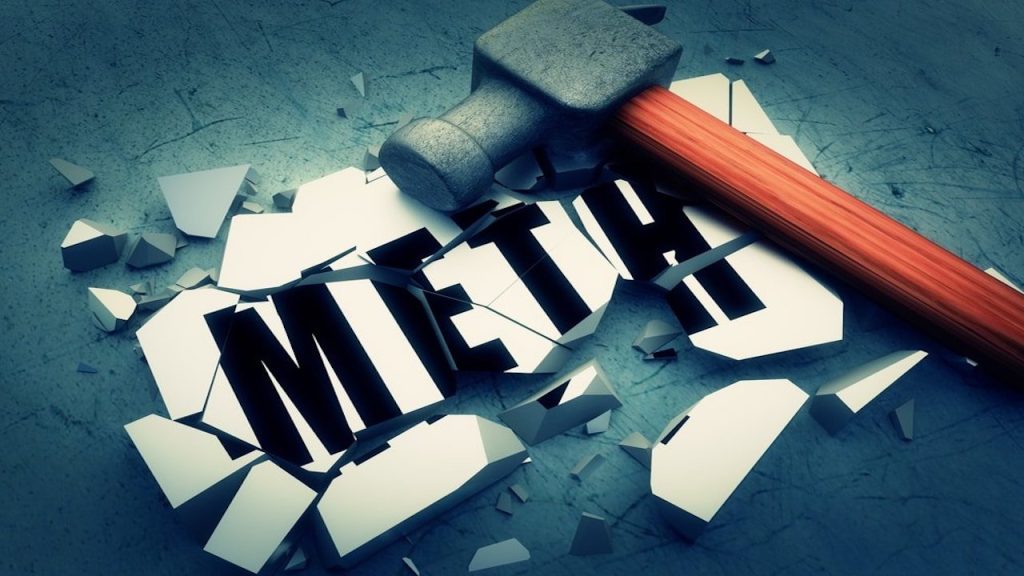
Methamphetamine use is a national crisis—but not one the drug industry has taken much interest in. Fortunately, that may at last be changing, and not a moment too soon. As this article makes clear, both meth users and treatment providers need all the help they can get.
The numbers are alarming: methamphetamine use is killing more than 24,000 people in the United States each year. Between 2015 and 2019 alone, methamphetamine-related deaths more than tripled. In some cities, emergency room workers face a relentless stream of persons poisoned by the stimulant. To make matters worse, this drastic increase is occurring in the absence of any specific medicines designed to counteract the effects of meth. Unlike alcohol or opioids, such medicines have simply never been developed and approved.
But at long last, things are beginning to change. This article, on the biomedical website STAT, reviews various promising treatments now in testing stages. Among them is a monoclonal antibody drug which binds to meth molecules in the bloodstream and keeps them from entering the brain. Other approaches combine existing drugs originally developed for other purposes.
While both treatments are years away from approval and general availability, a non-medicinal approach is also gaining traction: contingency management, which refers to the use of strategic rewards (often cash) to incentivize non-use.
You can learn where the contigency-management approach is being used (or experimented with), as well as a great deal about these promising drugs, at the link below:
The meth crisis is worse than ever, but new treatments might be around the corner


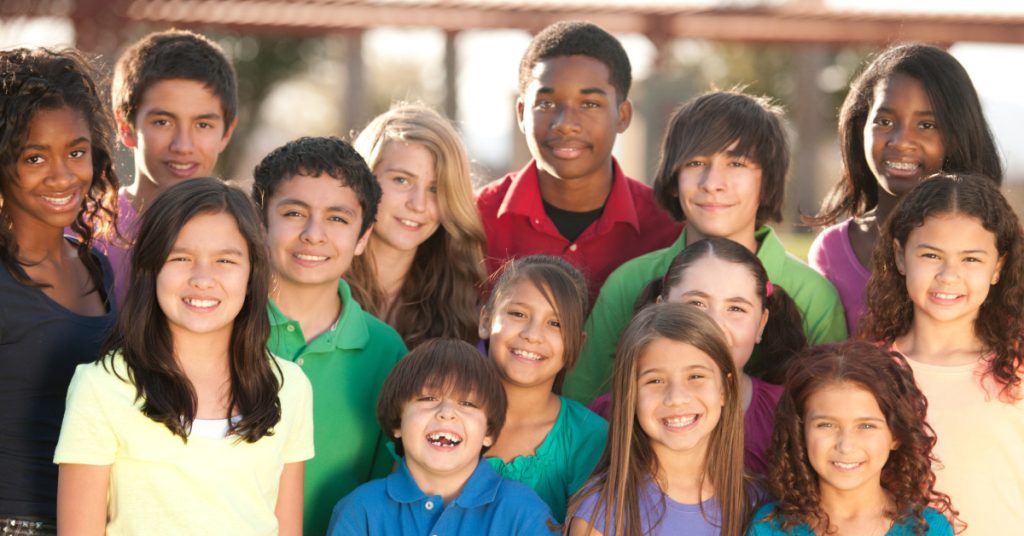

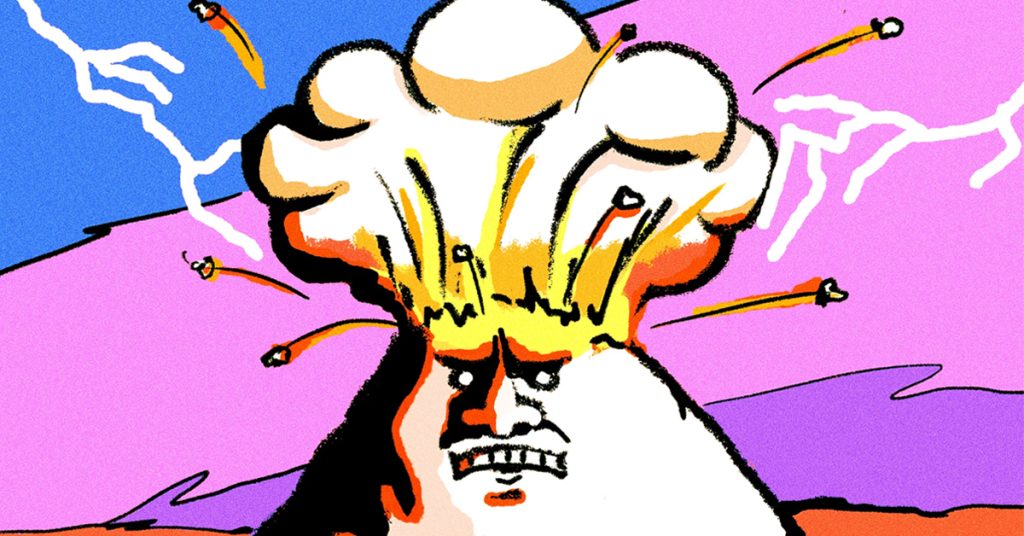
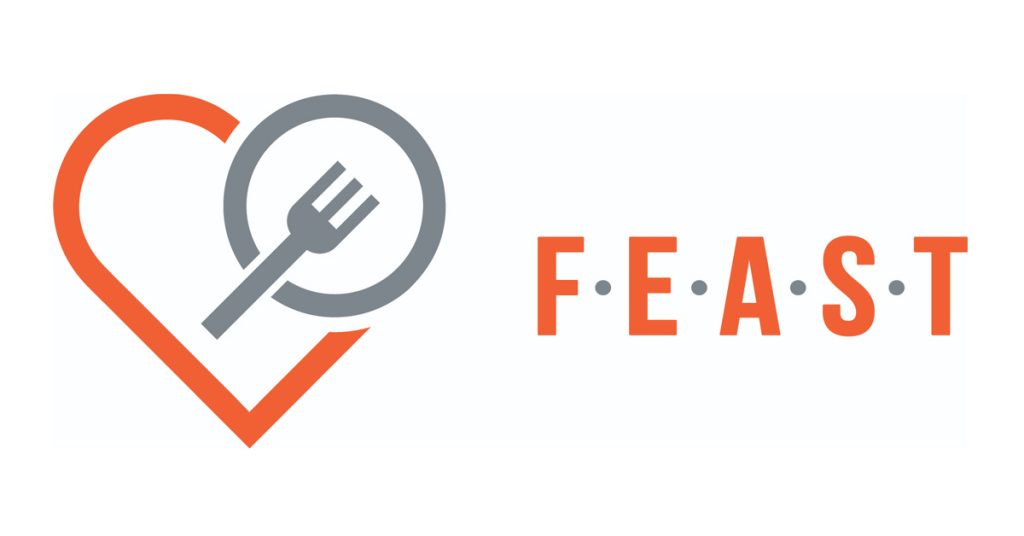
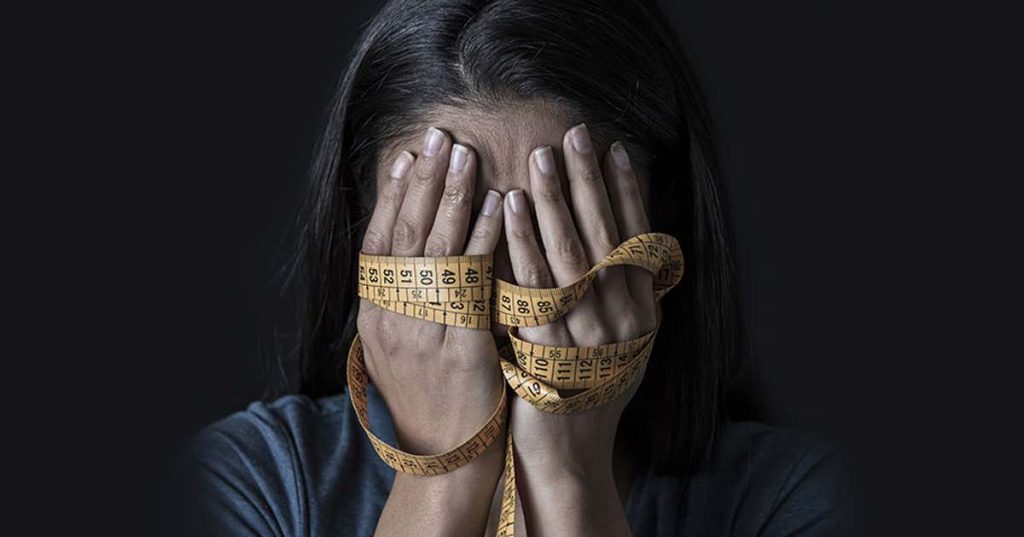
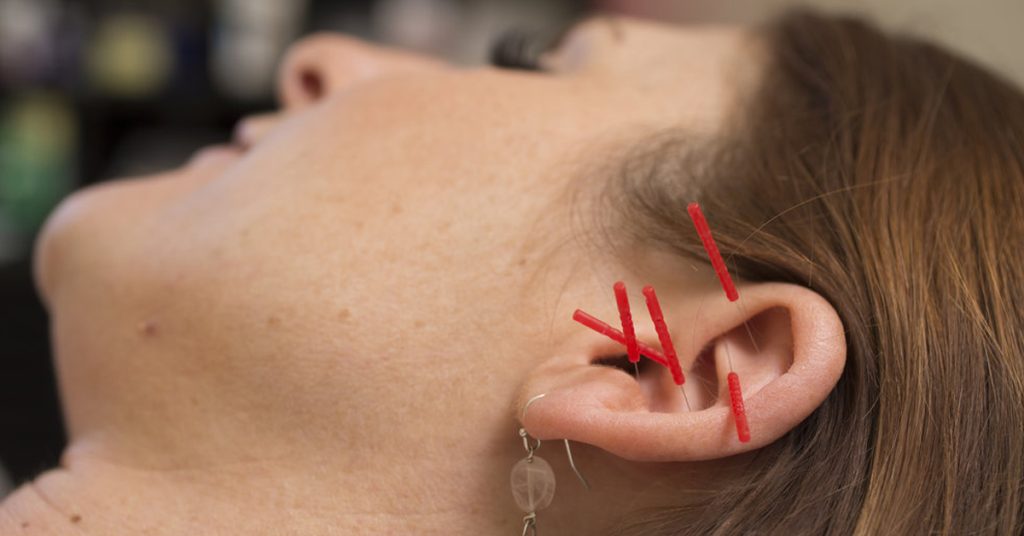


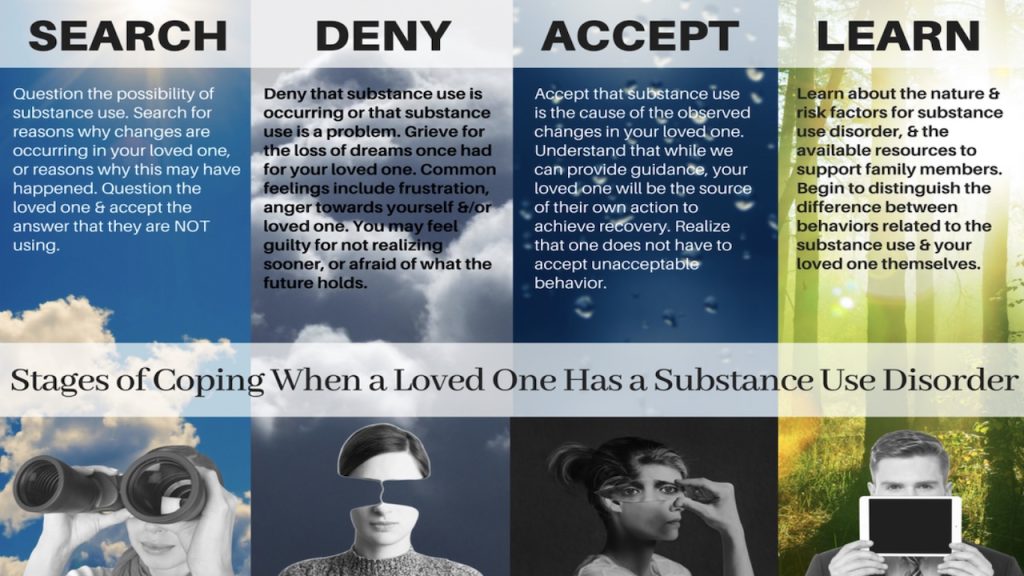
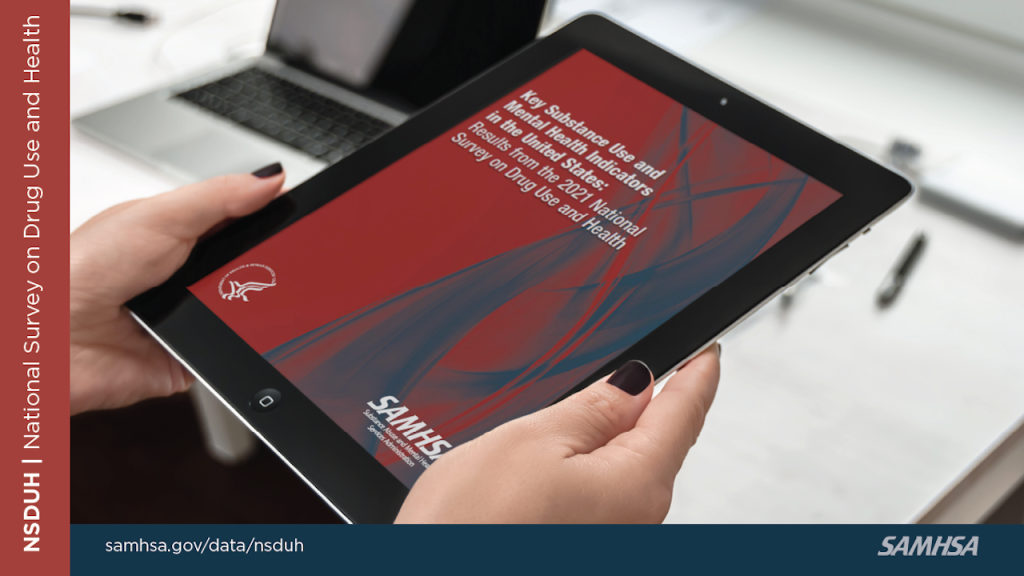
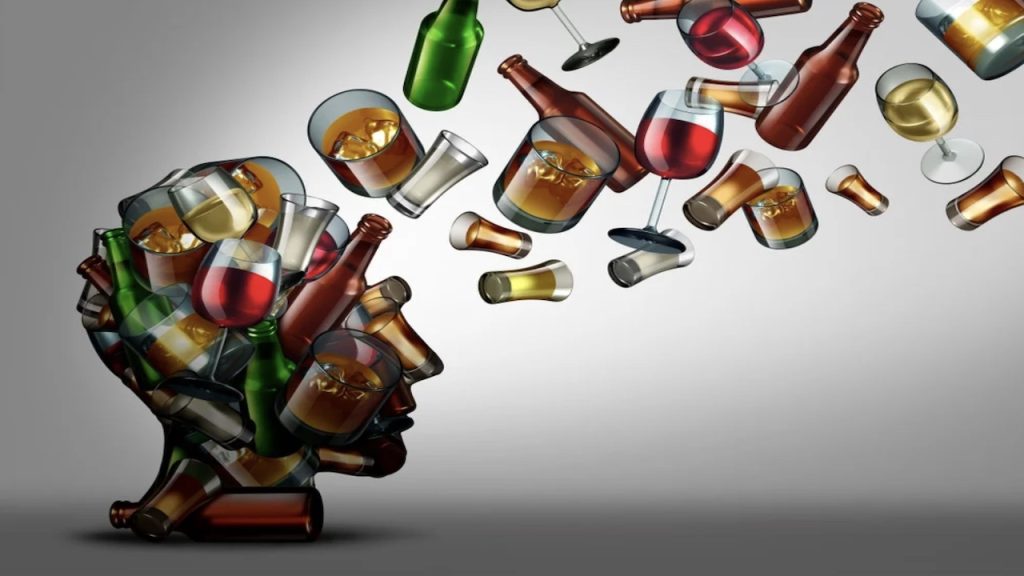
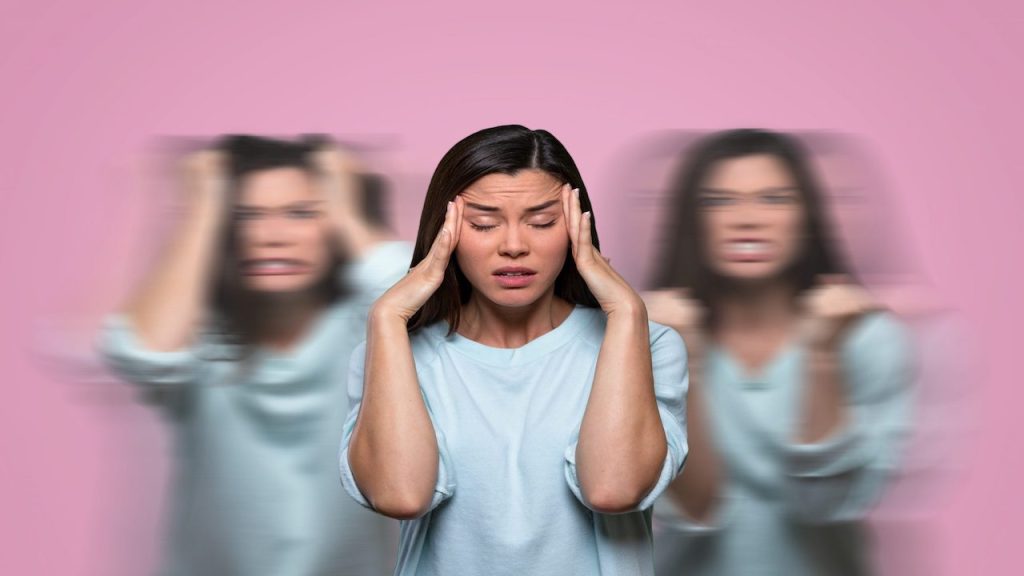

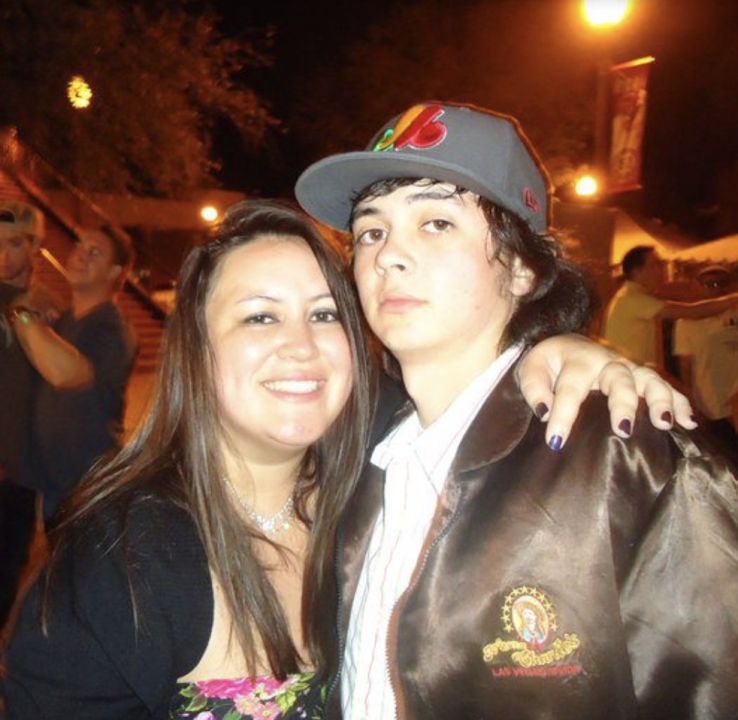
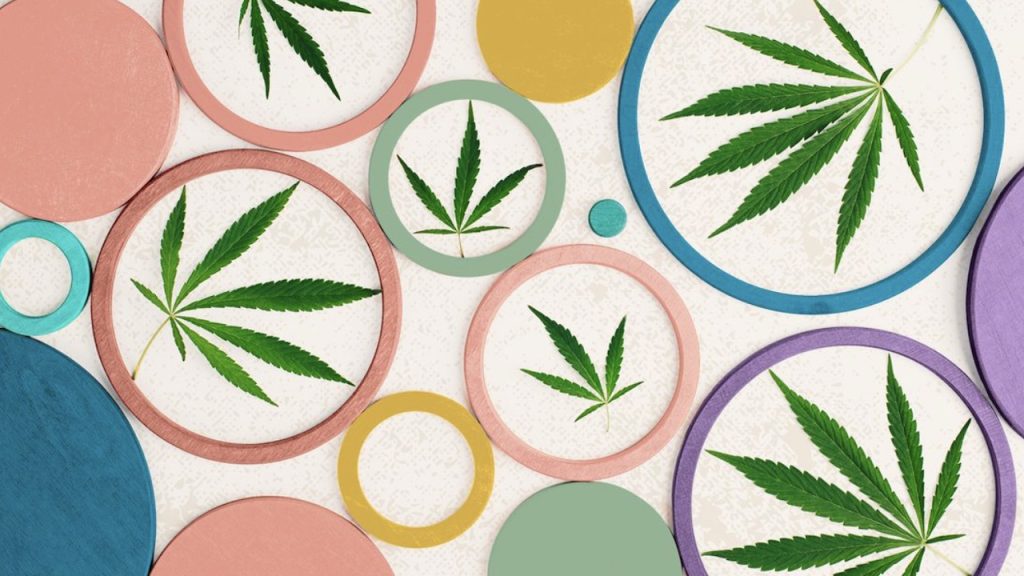
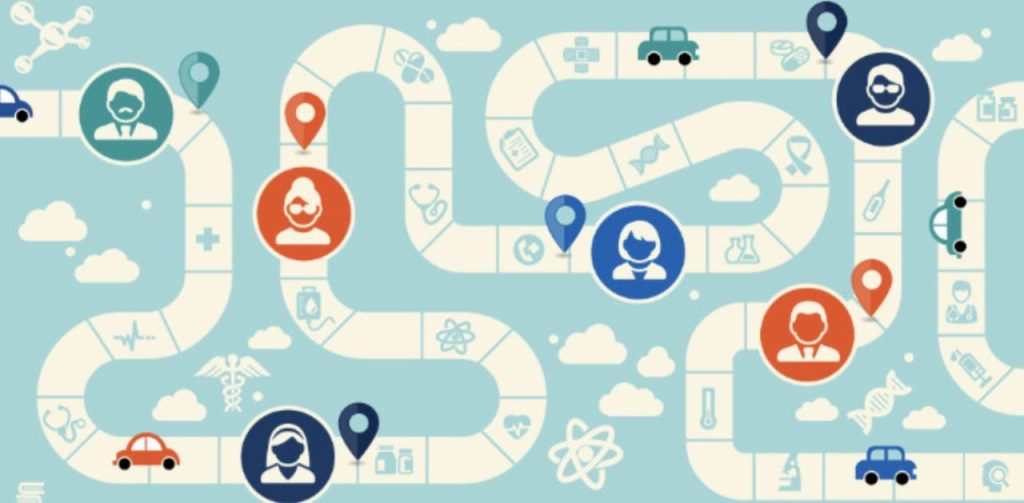
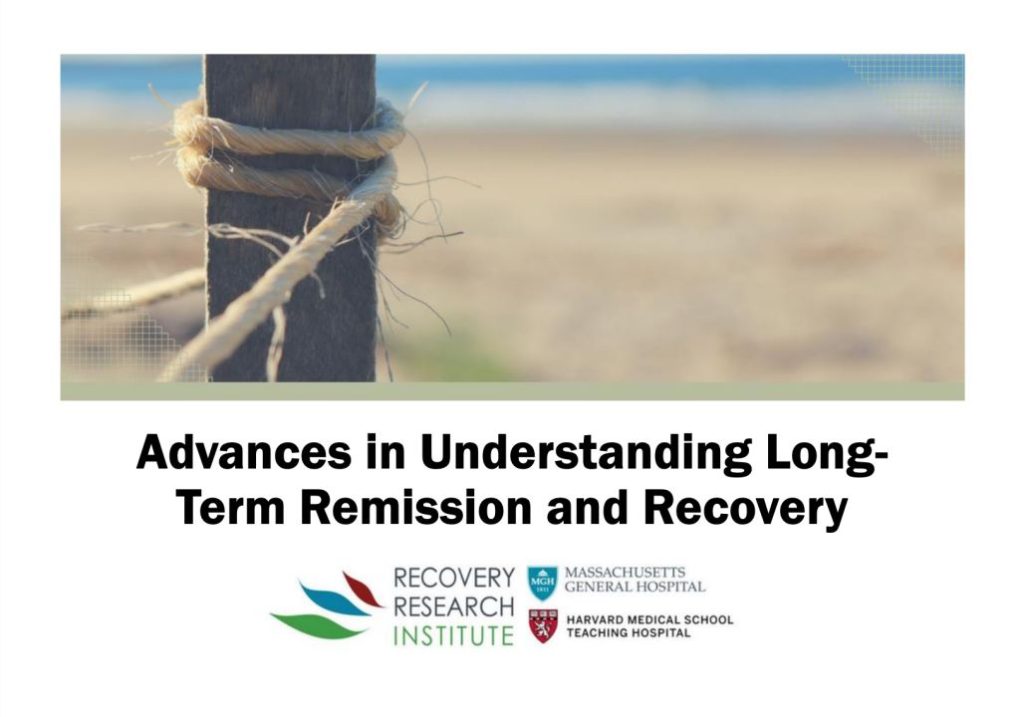
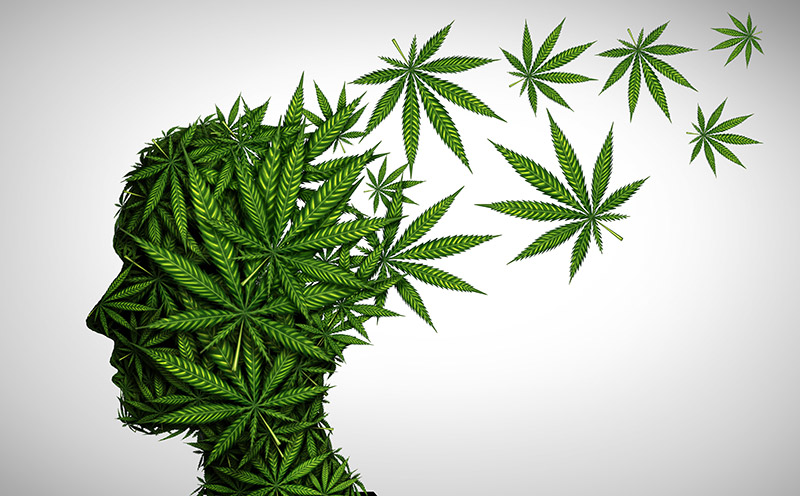

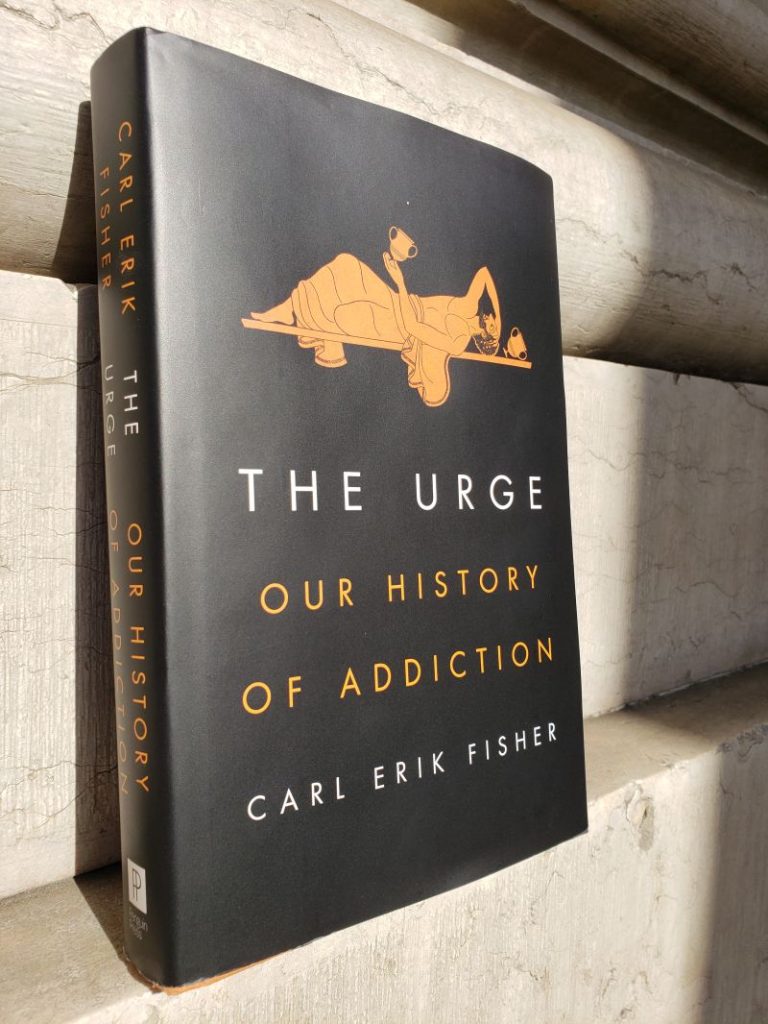
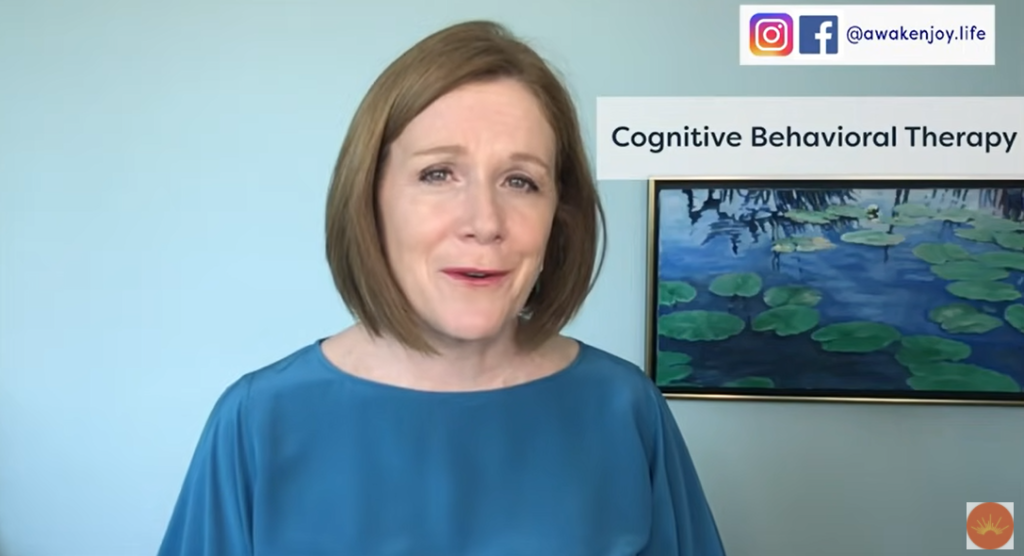
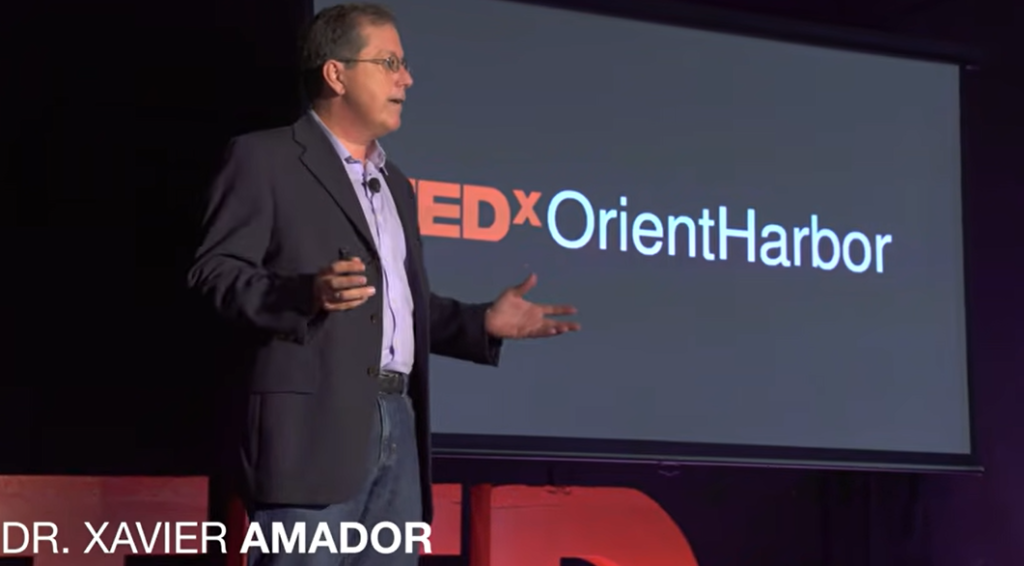



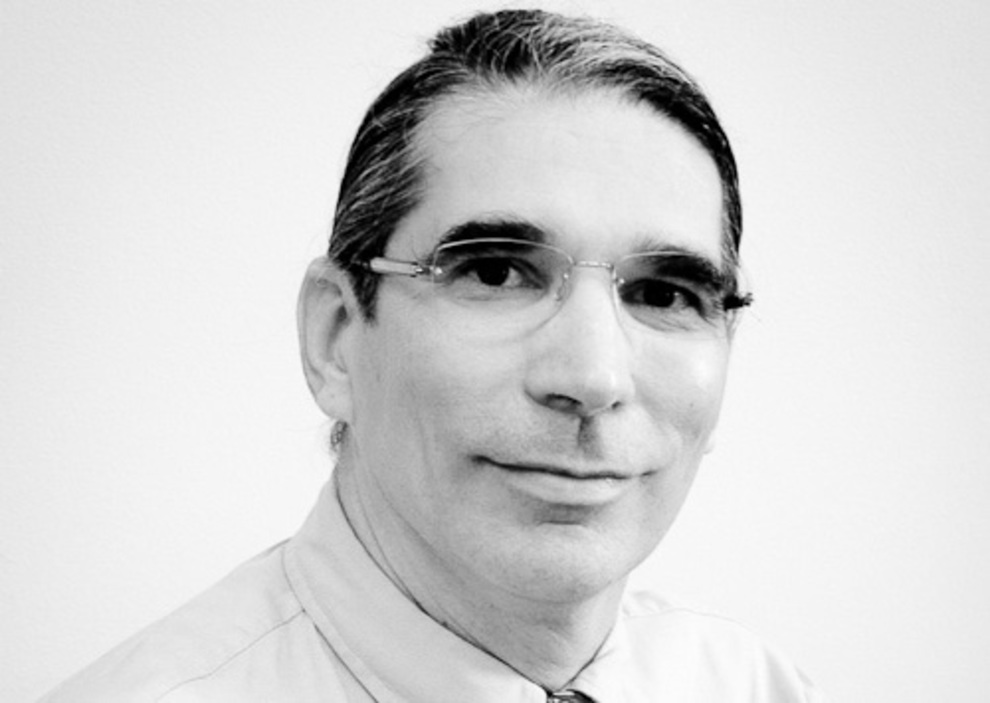
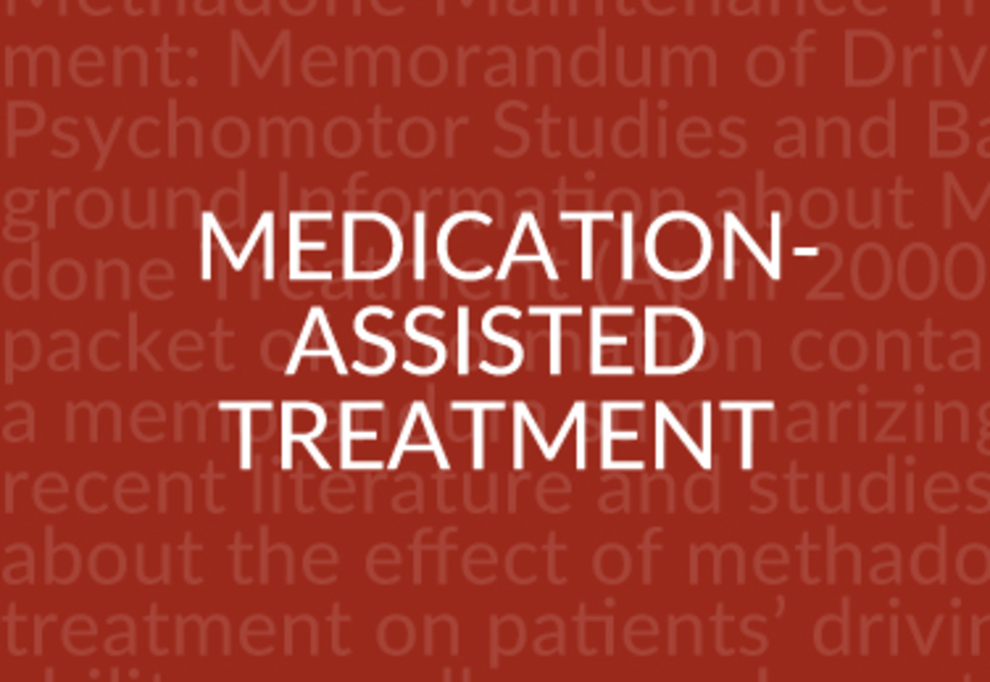
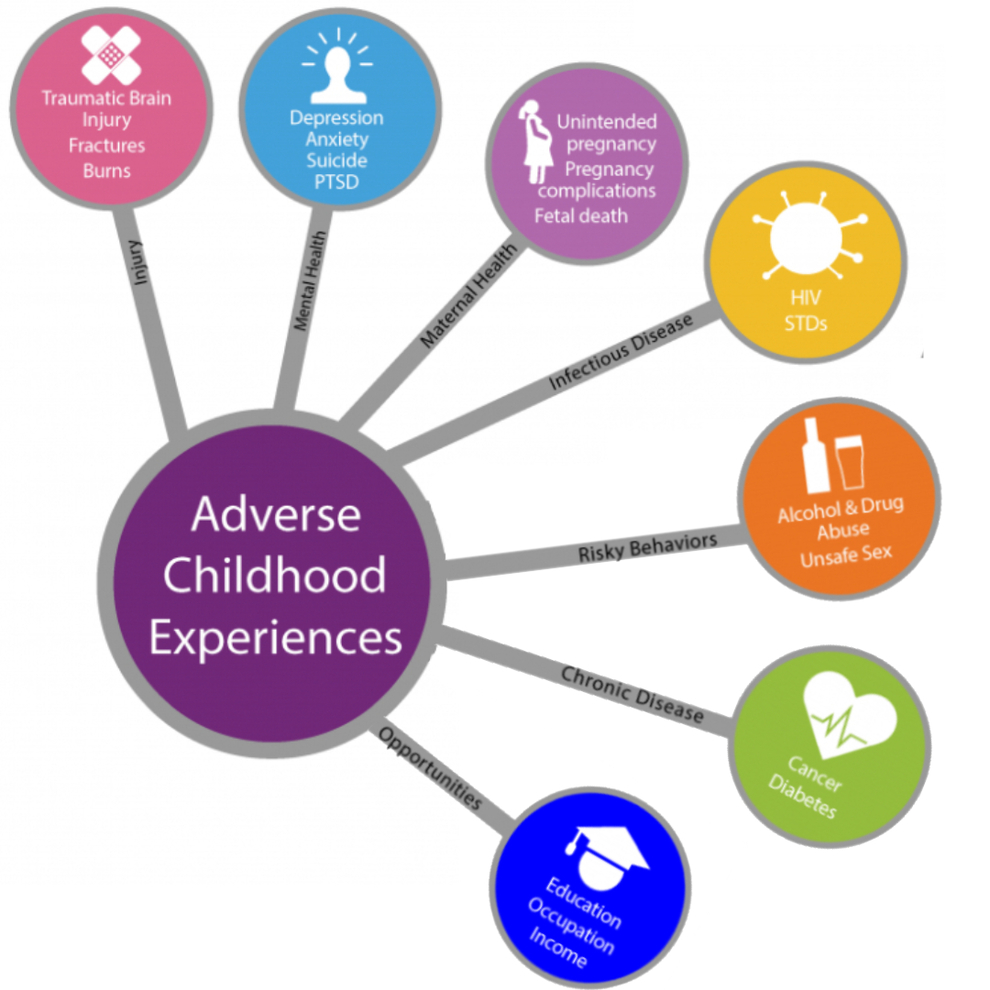

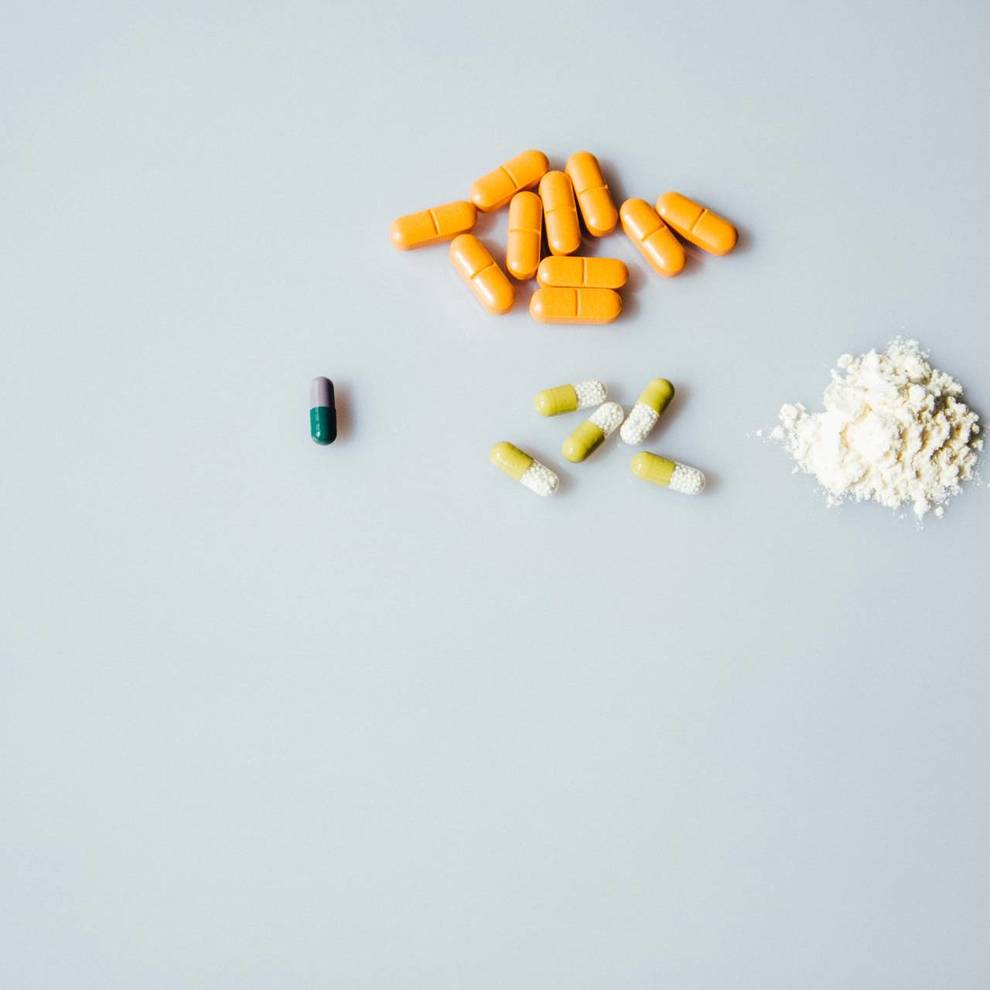
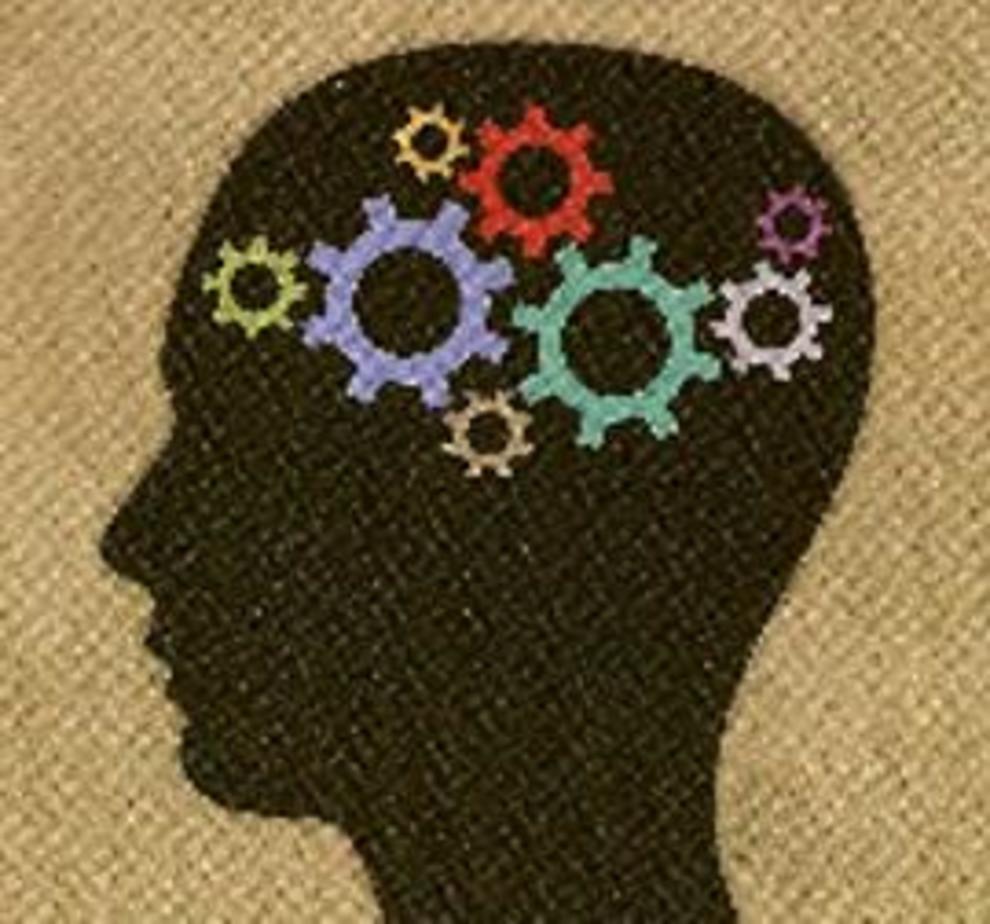
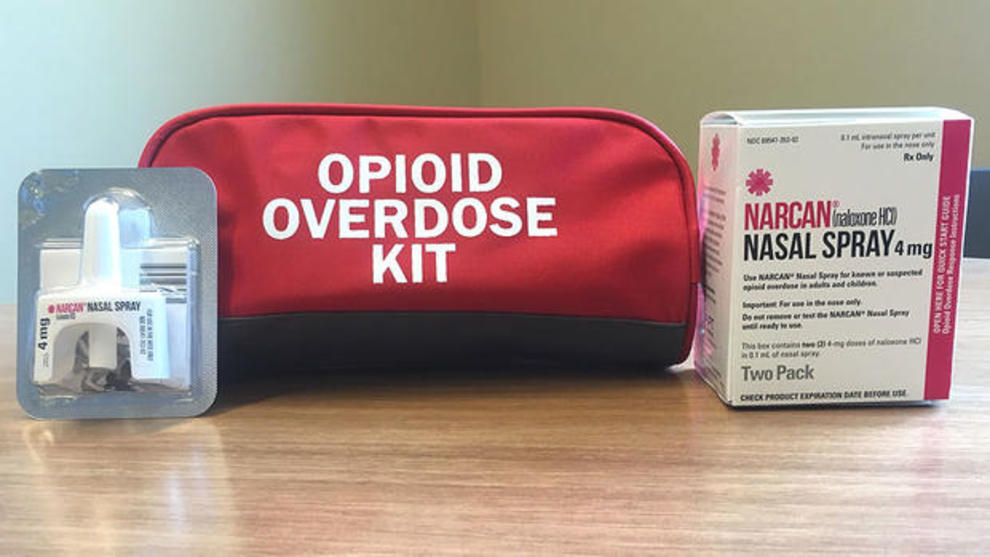

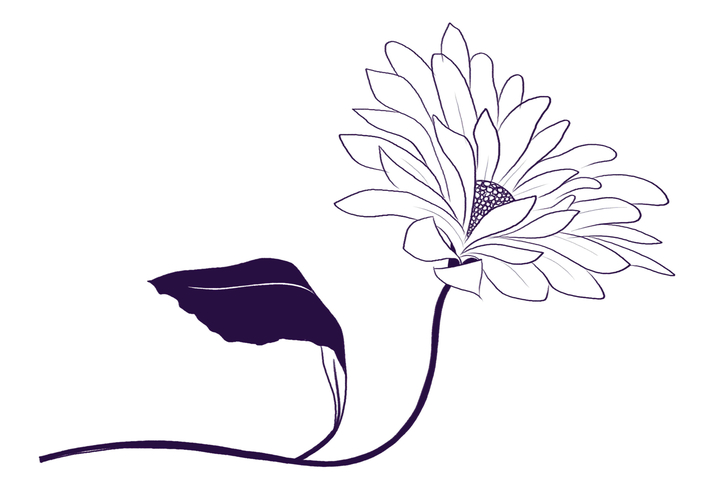
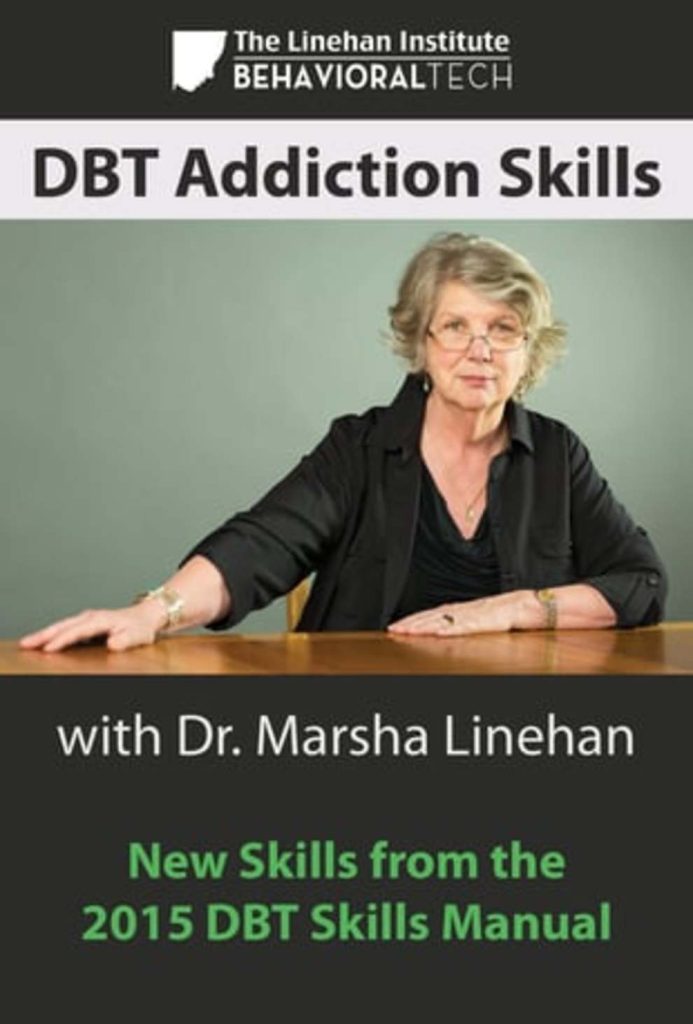


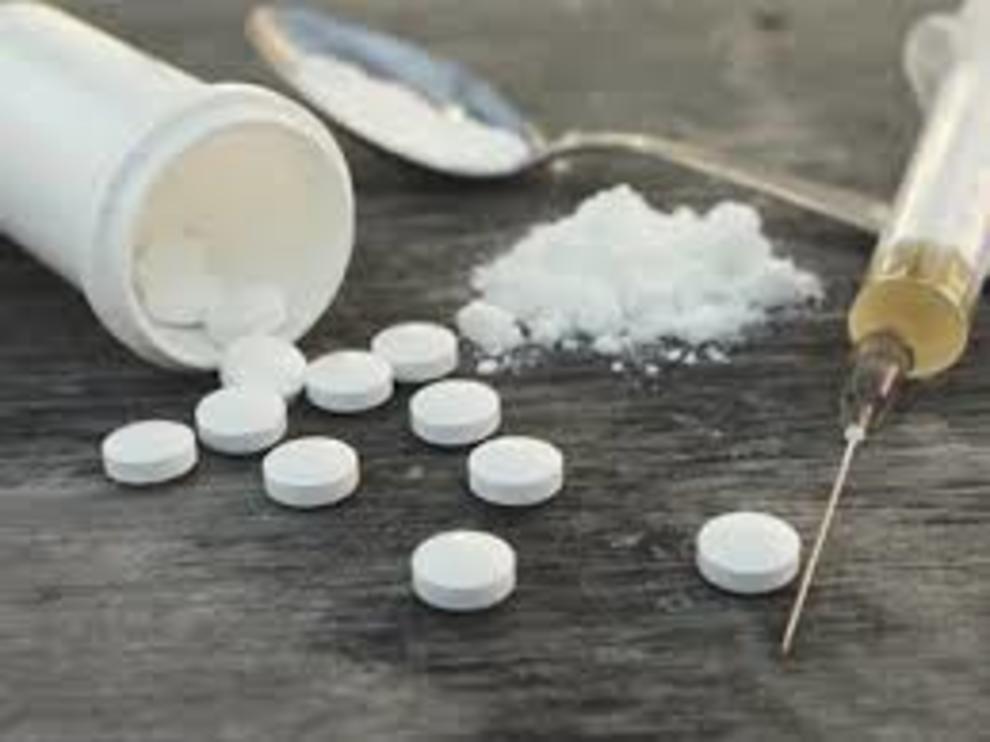

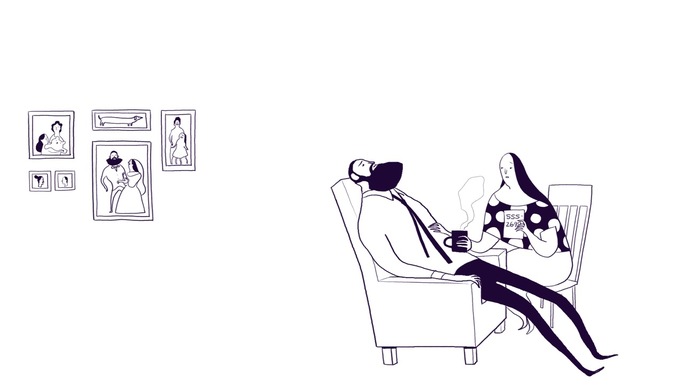

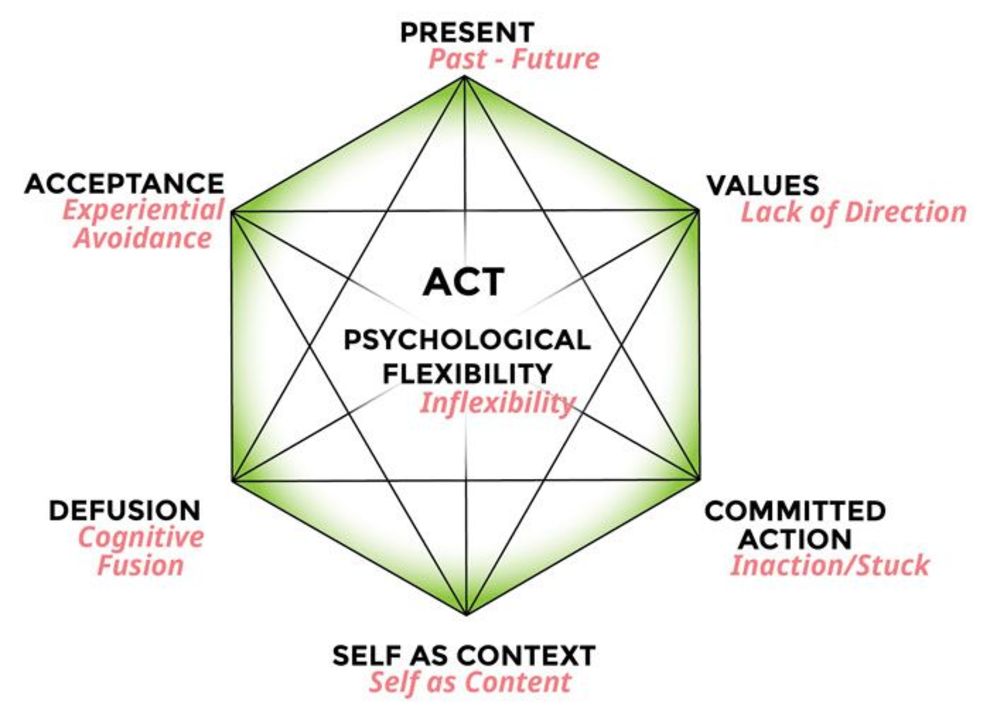
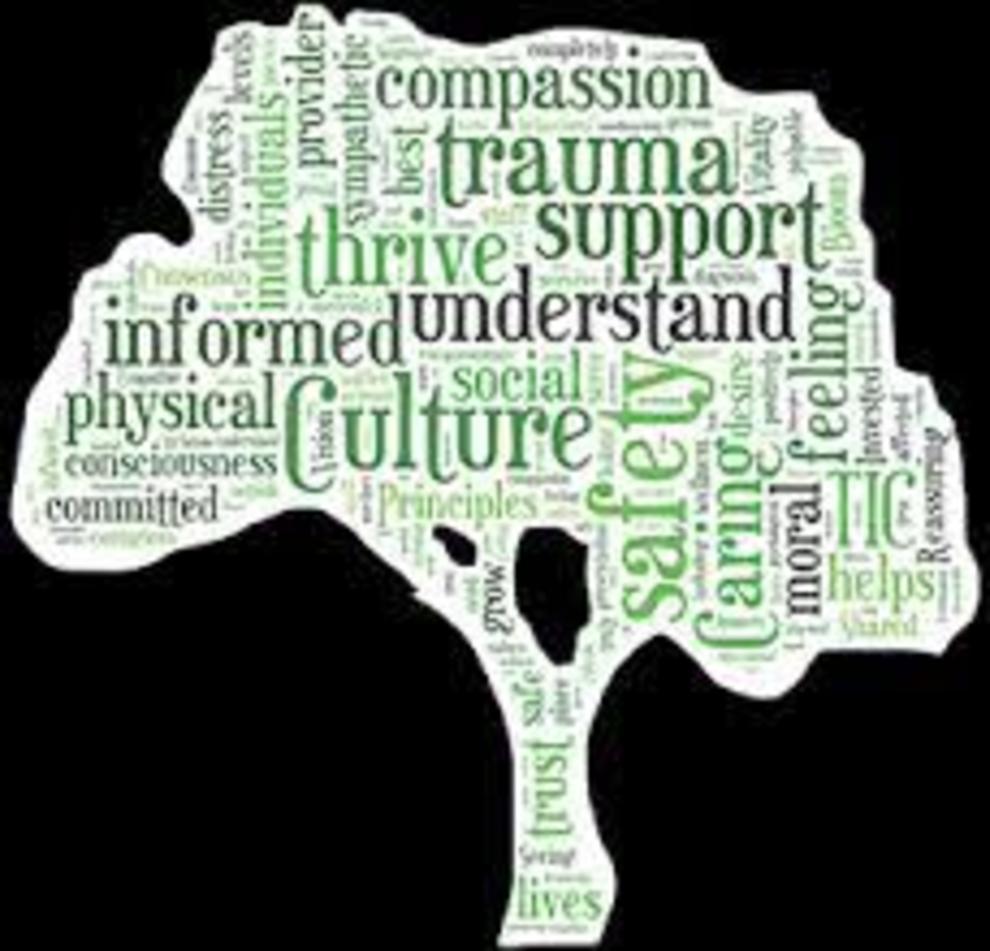

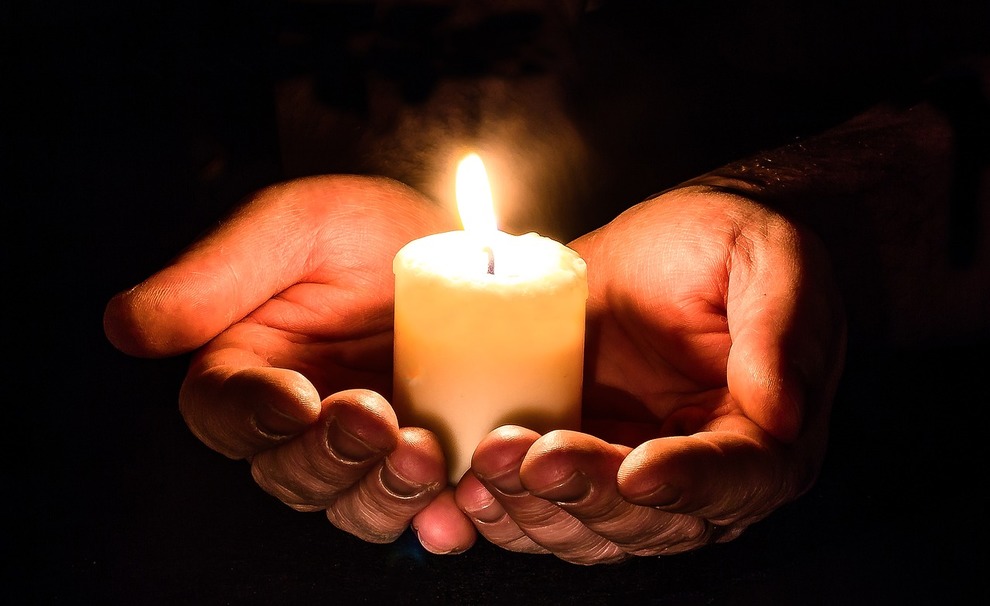





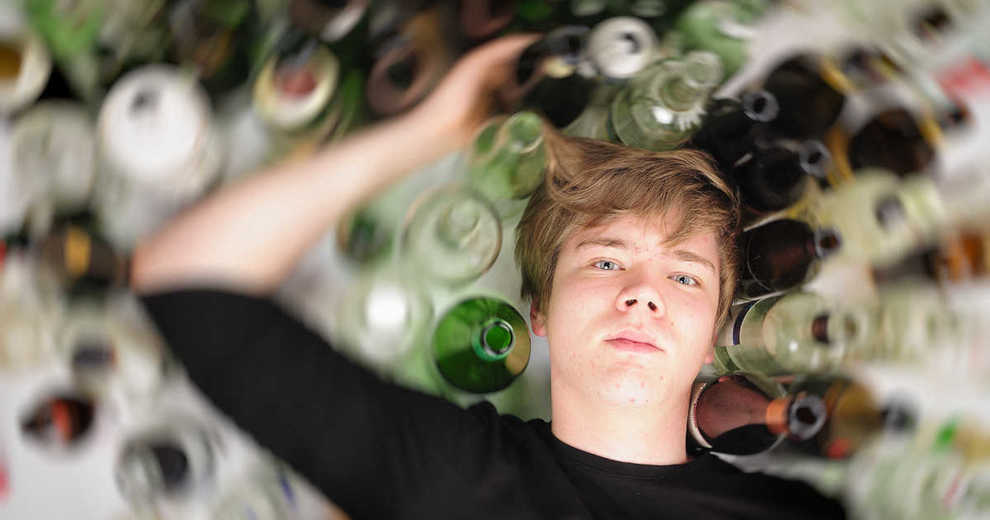




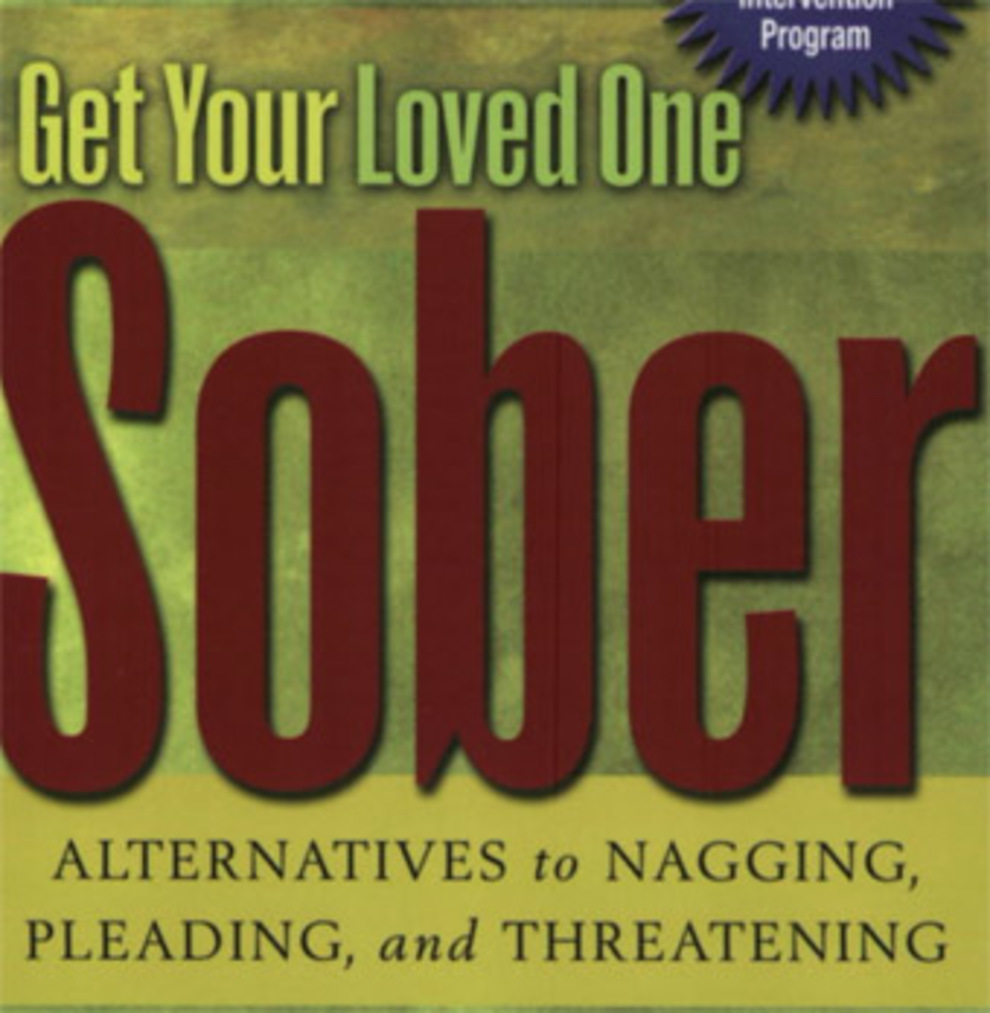
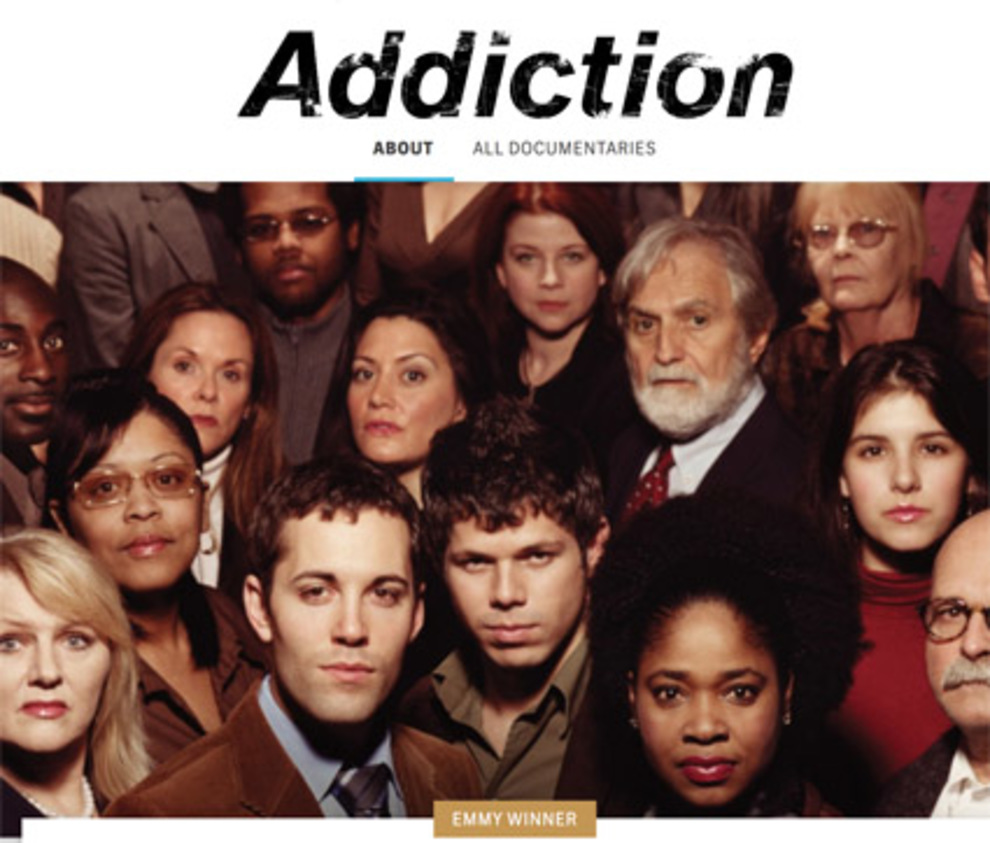
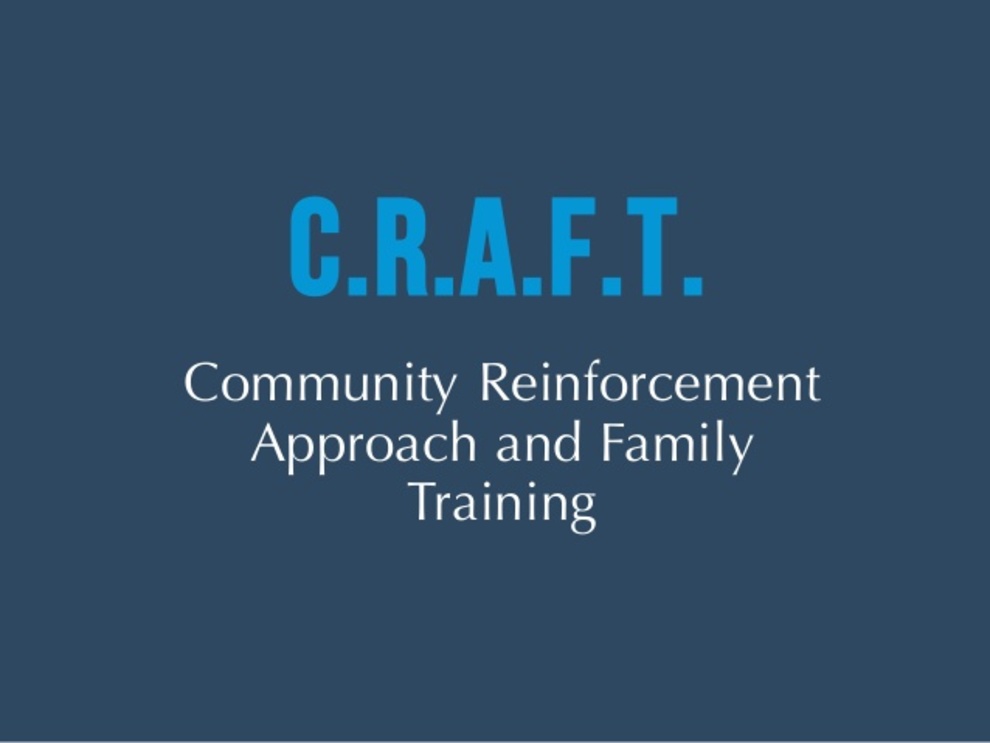
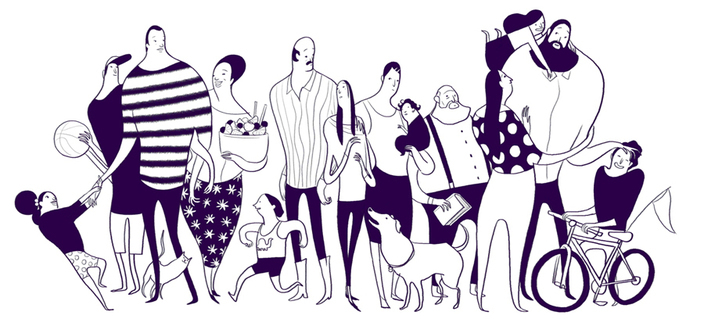

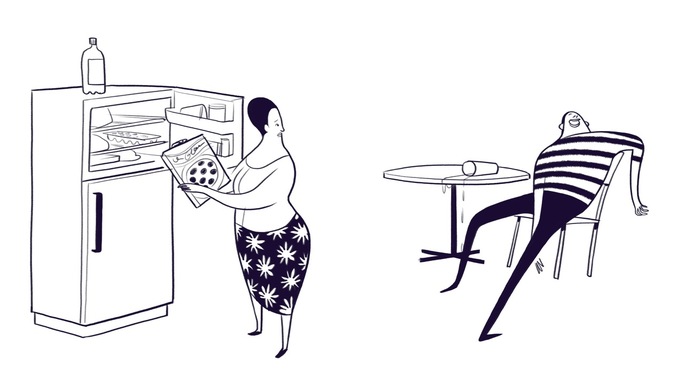

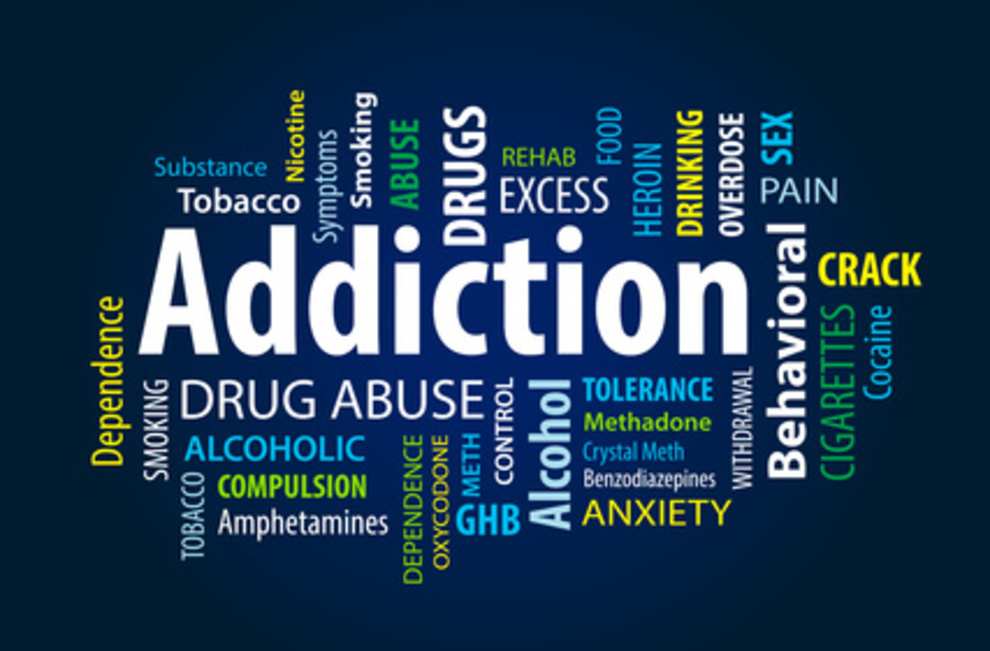

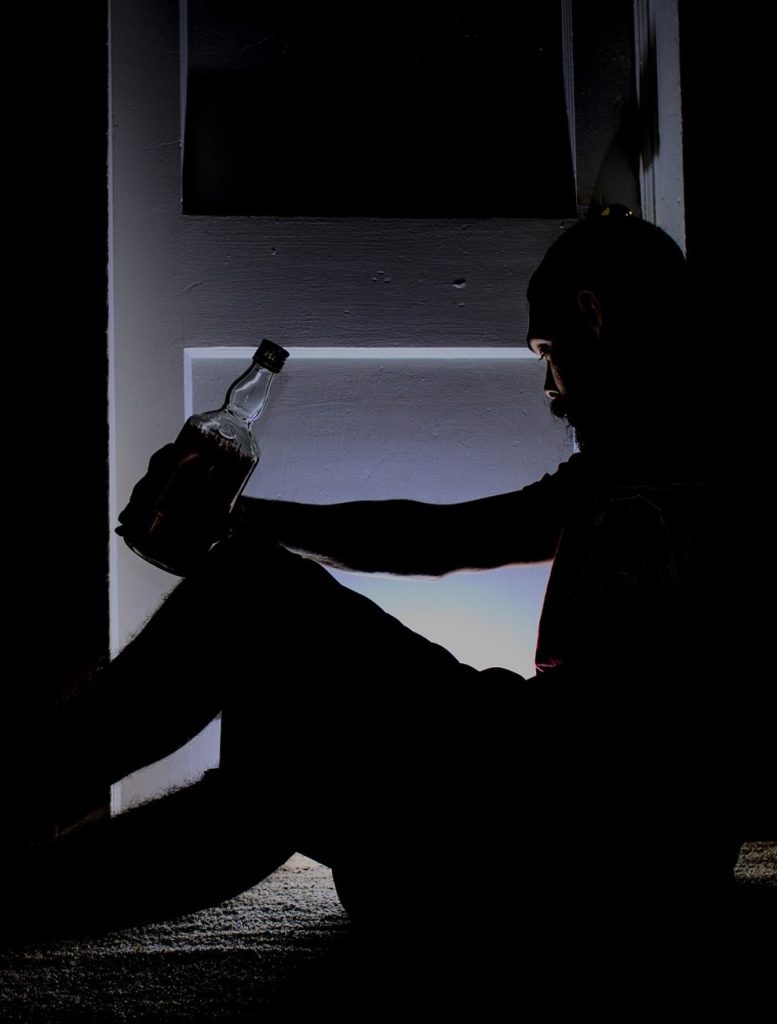
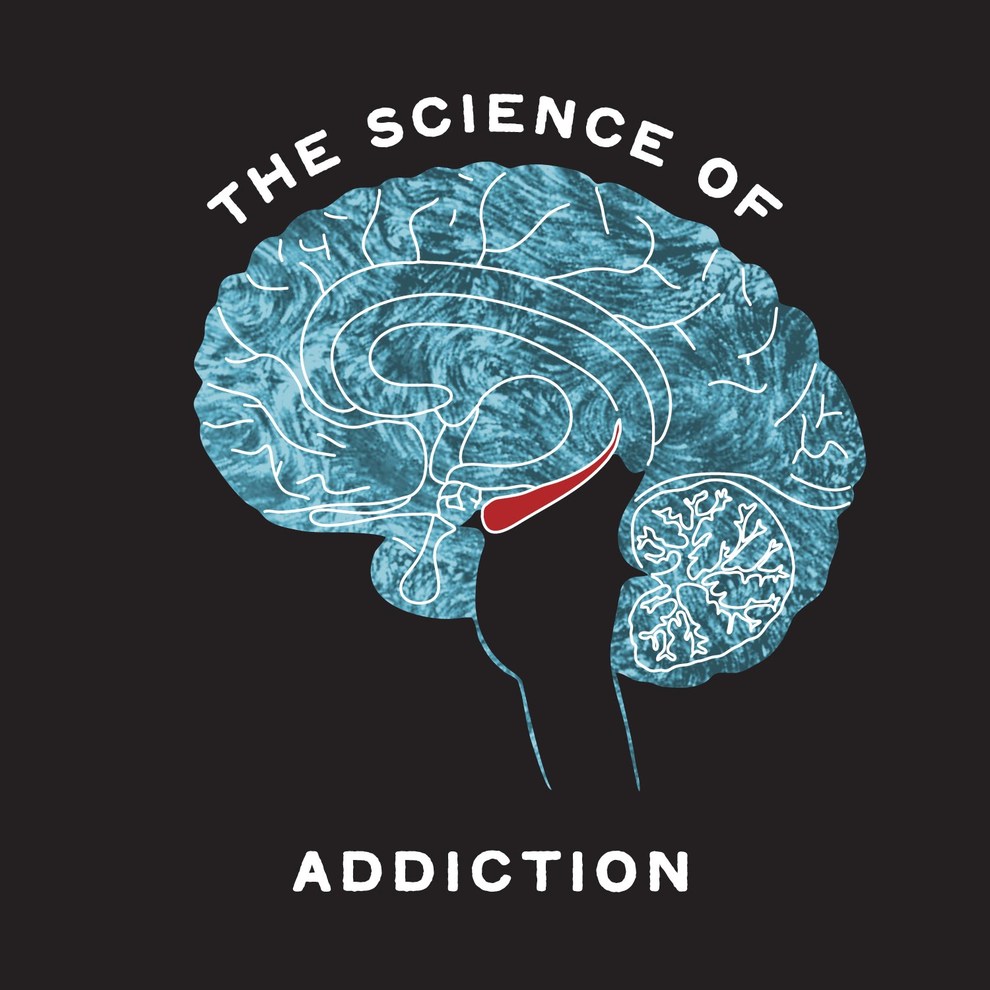
LEAVE A COMMENT / ASK A QUESTION
In your comments, please show respect for each other and do not give advice. Please consider that your choice of words has the power to reduce stigma and change opinions (ie, "person struggling with substance use" vs. "addict", "use" vs. "abuse"...)